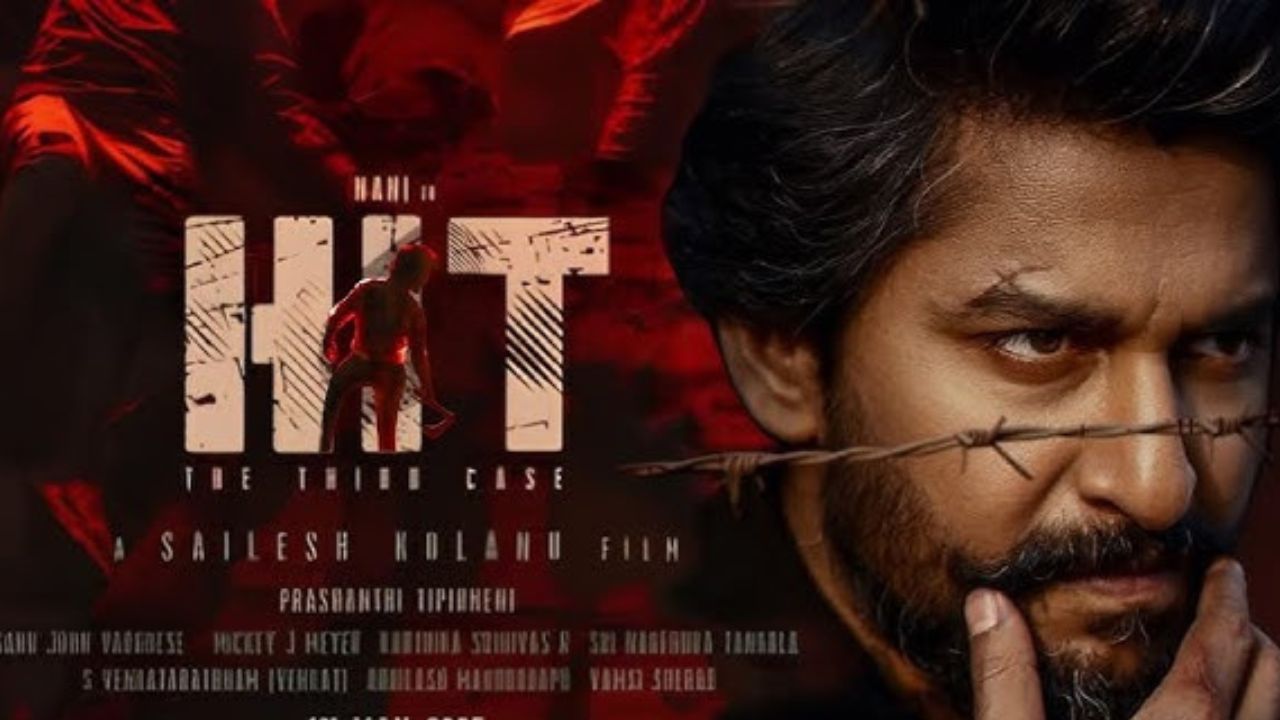
Post Kanguva debacle, Tamil Nadu producers demand ban of YouTube channels from theatres
4 months ago | 5 Views
On Wednesday, the Tamil Nadu Producers Council (TNPC) issued a strong statement requesting theatre owners to ban fans' interviews by YouTube channels on theatre premises post the first day first shows (FDFS) and cooperate in doing away with this FDFS public review and opinion process completely.
In a long four-page letter, the Tamil Nadu Producers Council has condemned ‘personal attacks and incitement of hatred in the name of film reviews.’ They said that films like Indian 2, Vettaiyan and Kanguva were highly impacted due to YouTube FDFS public reviews.
What the letter stated
This letter comes after the release of Suriya’s film Kanguva on November 14 which saw a tremendous amount of negative feedback from the audience in the first day first show YouTube reviews and opinion videos. The TNPC wrote that journalists have the right to criticise flaws in the film and talk about the positives and negatives but no one can engage in personal attacks and try to destroy the entire film in their reviews. According to them, this would lead to the downfall of the film industry itself.
The letter also stated, “Critics have every right to review movies. But we request all journalists to write film reviews keeping in mind that hatred towards a film should not be sown in the media because of personal malice. It is imperative that all the associations related to the film industry unite and stop this practice by not encouraging them anymore.”
More details
Kerala was the first state to establish this ban on YouTube reviews. In 2023, Mubeen Rauf, director of Aromalinte Adyathe Pranayam, who was supported by the Producers’ Association filed a case in court to ban YouTube reviewers from theatre premises as their negative public opinion videos were affecting the film business.
The Kerala High Court then issued a directive to the concerned authorities to prevent online reviews of films by social media influencers, YouTube reviewers, and bloggers for seven days following the release of a film.
The court went a step further and even issued notice to the Union Ministry of Information and Broadcasting and the Central Board of Film Certification to establish clear and transparent guidelines for online film critics and vloggers. Producers felt this move would protect the industry.





















